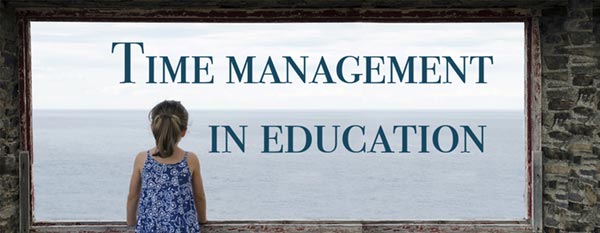Resources at hand
Videos
Learning to learn
Teaching students to thinking is perhaps the pending subject in the current educational system. Fomenting personal autonomy among young people and an inquisitiveness in their own training is what different schools have begun to promote through various initiatives that go beyond providing students with the study skills and knowledge required to pass exams and move up to the next year.
Living in a 'slow city'
Around 70 Italian cities have already joined the 'slow cities' movement since its launch in 1999. Characterised by a way of life in which their citizens slow down, value tradition and traditional ways, without overlooking the technological advances that help improve the quality of life, one of its participants is Abbiategrasso, a town just 30 km from Milan that completely escapes its confusion. Inspired by the 'slow food' movement it seeks a more sustainable pace of life in which even fewer mistakes are made, as its founder Carlo Petrini claims "because the frenetic pace prevents people from thinking enough".
Other videos
"If instead of dancing and playing you study a lot, you will get a good job, earn money and be happy..."
An example of good practices in slow education: St. Silas primary school in Blackburn (in English)
The "My world" project is an example of how to put into practice the principles of slow education in a real school environment (in English)
Books
La pedagogia del caracol. Por una escuela lenta y no violenta
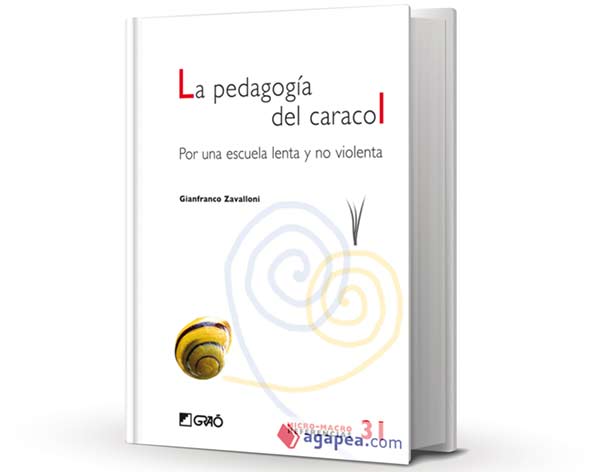
Do we know how to wait for a letter? Do we know how to plant an acorn or a chestnut in the certainty that it will be our daughter's children's children who will enjoy its secular majesty? Do we really know how to wait? The time factor has been distorted to such an extent that today we are living in what we could call the no-waiting period of time. Gianfranco Zavalloni, through this self-imposed need for immediacy in all areas of society, analyses time as a key factor in schools and education.
Zavalloni, G.
Grao, 2011 (233 págs)
ISBN: 9788499800370
Despacio, despacio: 20 razones para ir más lento por la vida
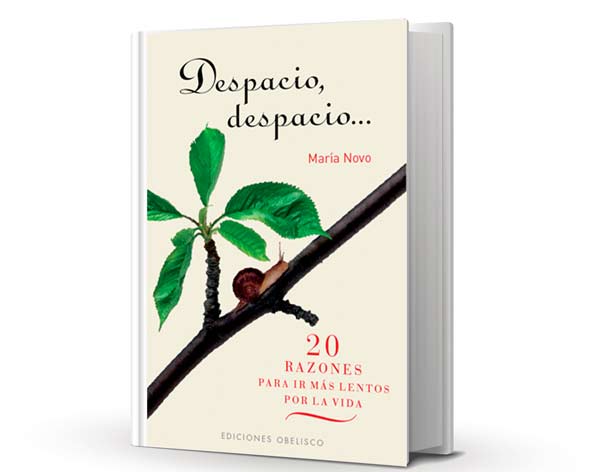
This publication introduces the reader to the relativity of what we consider values and challenges of "our time". The author understands the concept of slowness as a metaphor. She is aware that it is not always possible to go slowly, e.g. "when you take someone in an ambulance", María Novo is grateful that, fortunately, "our life does not consist of a permanent trip in an ambulance" and therefore the slowness she refers to is the idea of 'just the right time' needed for everything. Reading her pages provides a reflection on the causes of the acceleration that generates so much stress in today's society as well as on ways to find a pace that allows us to live a calmer life.
Novo, M.
Obelisco, 2010 (160 págs)
ISBN: 9788497776165
El valor del tiempo en la educación
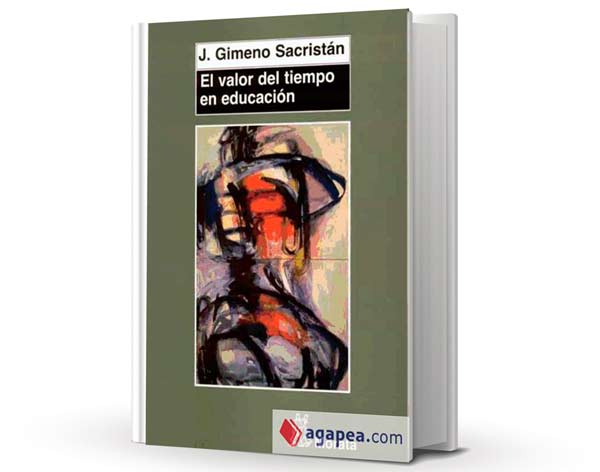
The importance of the time we spend on education throughout our life is given by how meaningful and enriching it is for us. Therefore, the publication highlights the value of the hours we spend in the classroom at the same time as it incorporates a new element that we must not forget on which we spend a significant portion of time in education: extracurricular activities or, as it is called in this book, hyper-schooling of time in information societies. The author ends by proposing a reflection on the pros and cons of continuous or split school days.
Sacristán, J.G.
Morata, 2008 (180 págs)
ISBN: 9788471125262
Other books:
Elogio de la educación lenta.
Domènech Francesch, J.
Grao, 2009 (165 págs.)
ISBN: 9788478277193
Elogio de la lentitud
Honoré, C.
RBA, 2004 (256 págs.)
ISBN: 9788478712496
Cómo ser libre
Hodgkinson, T.
Aguilar, 2008
ISBN: 9788403099180
Magazines
Investigación en la escuela
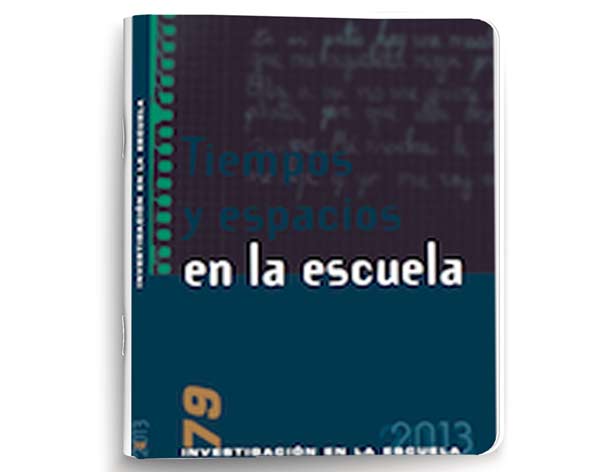
This quarterly magazine has two aspects of potential interest for current teachers in order to encourage debate and contrasting opinions among professionals of the sector. On the one hand, it includes a section devoted to research on the educational process and, on the other, it aims to disseminate educational experiences. Issue number 79 of the publication, the first of 2013, took a deeper look into time and spaces at school from different perspectives such as new communication and information technologies in education, alternative schools or space and time in rural schools, among other aspects.
Infancia en Europa
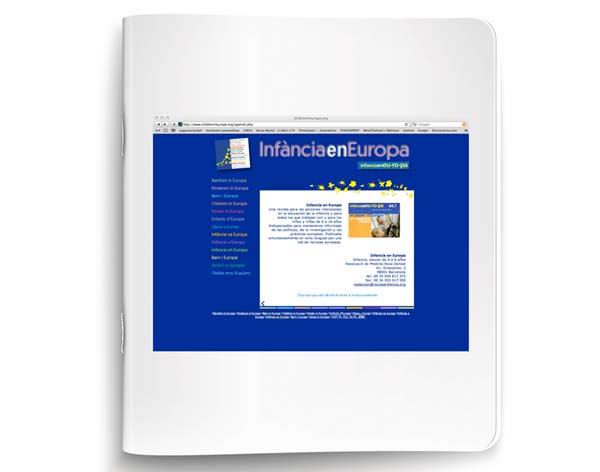
A magazine aimed especially at those interested in children's education such as those who work with children aged 0 to 10 years. Published simultaneously in eight languages via a network of European magazines it devoted its issue number 25 to 'Children's Time'. 'Times and paces of daily life in early children's education', Maria del Carmen Silveira Barbosa; 'Praising Slowness ... at school' by Penny Ritscher; 'Suspending time, taking clocks down' by Christine Schuhl; or 'If there's time to play... teachers should learn to wait' Beatrice Vitali; are just some of the articles that can be found in its pages.
Crecer en familia

N. 27 (January-March 20014).
In this quarter's monograph by the publisher's Graó, we find articles and images giving guidelines on slow education in the family and at school. Some articles are available in PDF. Nature: administer three times a day
Websites
Educación lenta
The blog for slow education is an initiative by the publisher's Graó with the support of the Federation for Educational Renewal Movements (FMRP) which aims to promote adequate education according to the pace and needs of children, families and education professionals. In its various entries we can find the latest publications on this new model of education, interviews with various experts in the field or different experiences that can encourage us to implement these processes in our immediate surroundings.
www.slowmovement.com
Some people use the term 'slow school' to refer to schools that are implementing so-called 'slow food' in their canteens. For others, this concept has a wider scope and also includes the curriculum and how it is taught, the learning process, the management of the school itself and even whether the school is the best medium through which to educate our children. This way, we can begin to understand the slow movement in education in its broadest sense. On this website, in English, you can find the meaning of the movement and many other concepts that have recently been preceded by the adjective 'slow'. In addition to 'slow school' and 'slow food', it reveals terms like 'slow travel', 'slow cities', 'slow living', 'slow books', etc.

